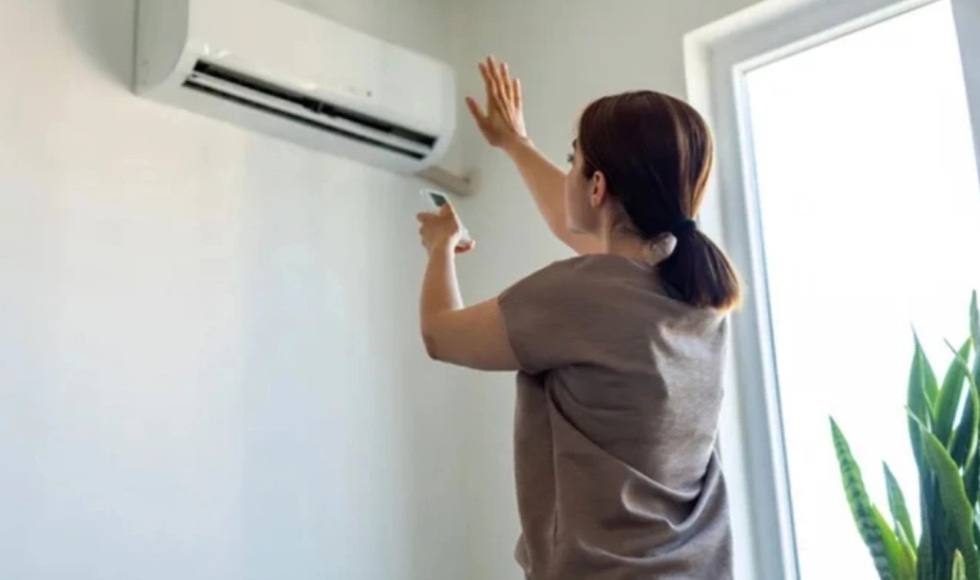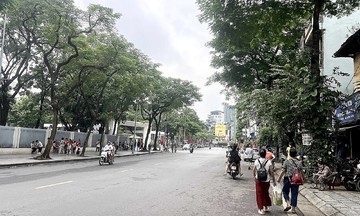Danny Pen, president of New Era Plumbing & HVAC in the US, recommends turning off your air conditioner at the thermostat and the circuit breaker when you see lightning or hear nearby thunder.
According to Pen, even with surge protection, using an air conditioner during a storm is risky. Lightning can strike power lines, causing a power surge that can fry the circuit board and damage the compressor, the most expensive part of an air conditioning system.
 |
Illustrative photo: ACCEService |
"A lightning strike can damage the compressor, and the replacement cost can be almost as much as a new outdoor unit," Pen said. "In severe cases, the entire system can be destroyed, wiring can be damaged, and other electrical appliances in the home can be affected if they're plugged in."
Storms also bring high winds and heavy rain. Debris such as tree branches and bricks can be blown into the outdoor unit, bending fan blades, rupturing copper pipes, or blocking airflow. If the unit is running when this happens, the damage can be far more severe than if it's turned off.
Anthony Weinburg, lead instructor of the HVAC-R program at Fortis College (US), adds that sudden heat and high voltage can melt capacitors, control boards, and outdoor fans, and even destroy the furnace control board.
"The damage won't be limited to the air conditioner but could extend to the entire cooling and heating system and the home's wiring," he warned.
Some people believe switching to fan mode is a safe alternative to turning off the air conditioner completely. However, experts say this doesn't reduce the risk from power surges. During severe storms, the best course of action is to disconnect the air conditioner from the power supply entirely.
What to do before and after a storm:
: Before a storm: Lower the air conditioner temperature by a few degrees to cool your home before turning it off. Consider covering the outdoor unit with a tarp or plywood to protect it from debris.
: After a storm: Inspect the unit and clear any debris around the outdoor unit. If the area around the unit is flooded, call a technician to inspect it before turning it back on to prevent electrical shorts or fires.
Other situations where you shouldn't use your air conditioner:
: When the outside temperature drops below 16°C, as this can cause the indoor unit to freeze.
: When you're away from home for several days to save energy and protect the unit.
: During wildfires or heavy air pollution, as the air conditioner can draw polluted air into your home.
: Immediately after a power outage, as the voltage can be unstable and may damage the unit if turned on too soon.
Nhat Minh (According to Spruce)












